The scoping review conducted by the World Health Organization (WHO) Task Team on Climate Change, Neglected Tropical Diseases (NTDs), and Malaria, in collaboration with Reaching the Last Mile (RLM), sheds light on the significant impact of human-induced climate change on the spread of malaria and neglected tropical diseases (NTDs). Analyzing a vast number of articles, the review reveals that while the effects of climate change on these diseases are increasingly recognized, our understanding remains incomplete.
One of the key findings of the review is the correlation between rising temperatures and shifting weather patterns and the distribution of vector-borne diseases like malaria and NTDs. As disease vectors expand their geographical range, previously unaffected regions face heightened risks of disease transmission. This poses a considerable challenge to healthcare systems, particularly in communities already burdened by these diseases.
Dr. Ibrahima Socé Fall, Director of WHO’s Global NTD Programme, underscores the importance of comprehensive and standardized models to better predict the impacts of climate change on malaria and NTDs. Urgent action is needed to protect the progress made in combating these diseases over the past decades.
The review also highlights a concerning trend in published research, which predominantly focuses on countries with low disease burdens and high access to quality healthcare. This neglects the communities most vulnerable to the effects of climate change on malaria and NTDs. There is a significant gap in studies addressing mitigation and adaptation strategies, indicating a need for more research to safeguard recent advancements.
The findings underscore the urgent need for targeted research and action to address the complex relationship between climate change and the spread of malaria and NTDs, particularly in underserved communities. This calls for collaborative efforts and investment in comprehensive modeling and intervention strategies to mitigate the impact of climate change on global health.




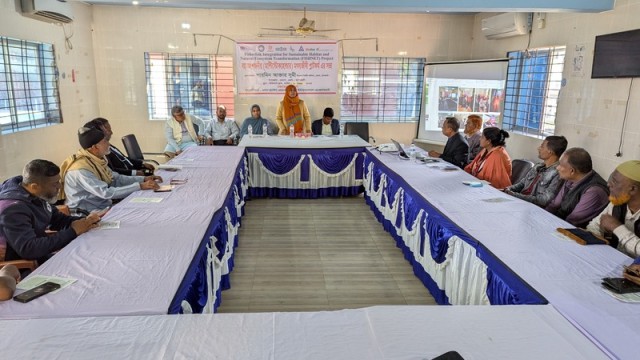

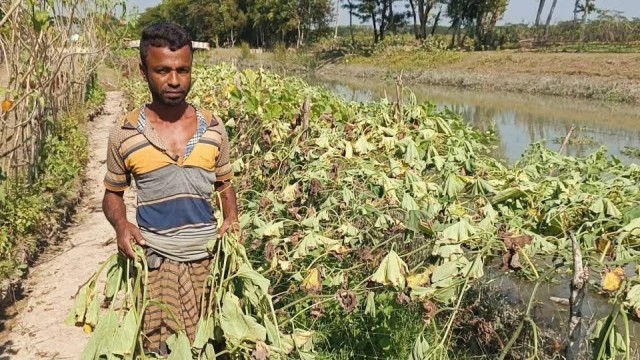
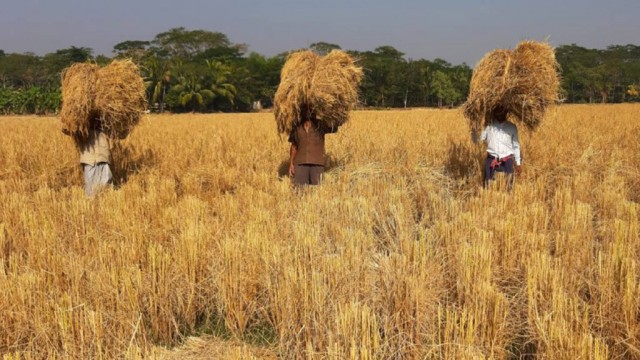
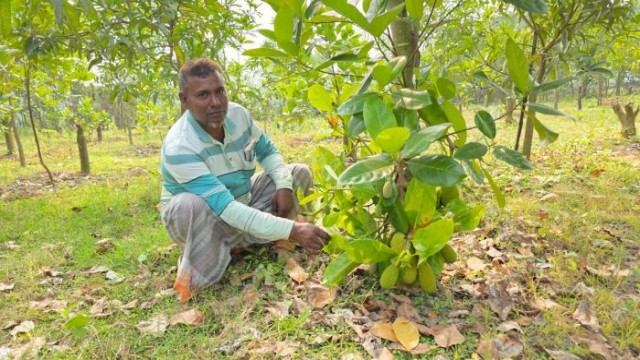
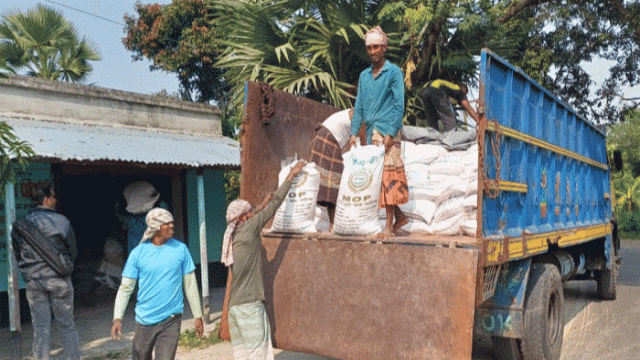




















Comment: